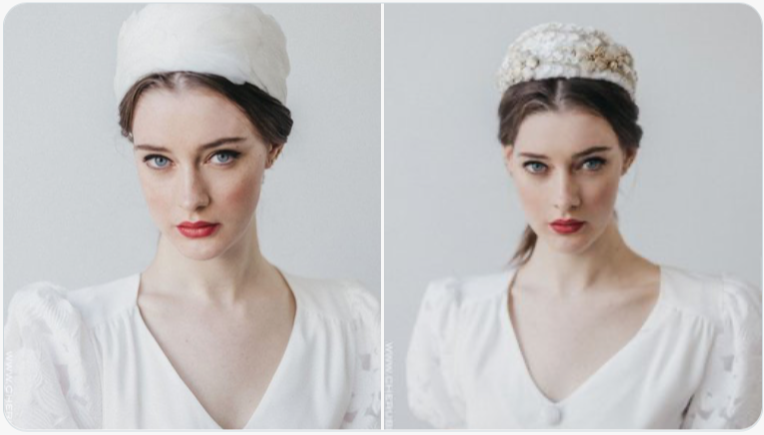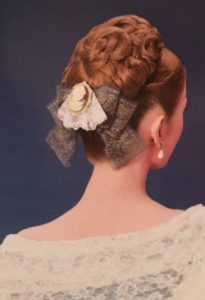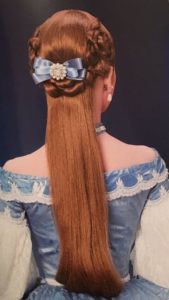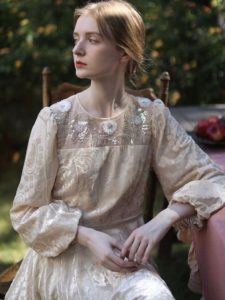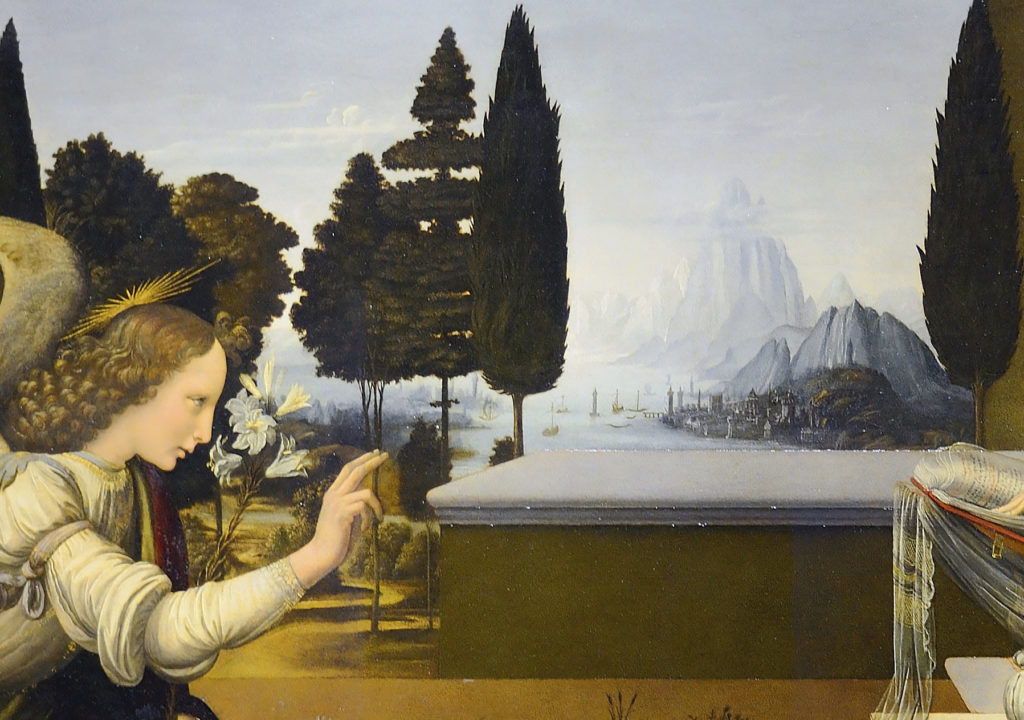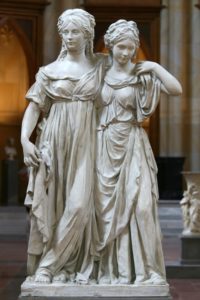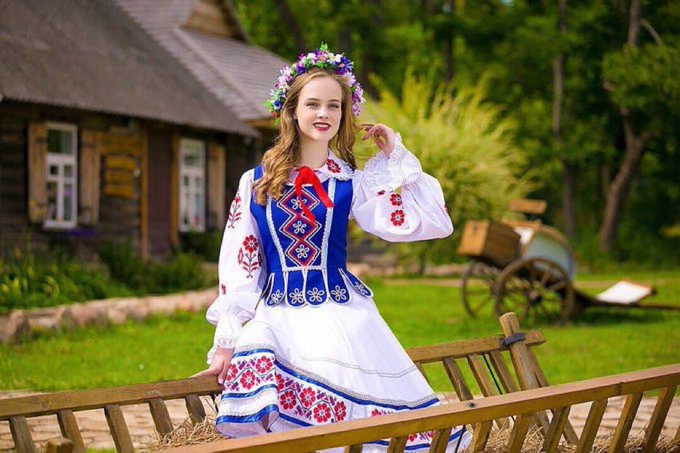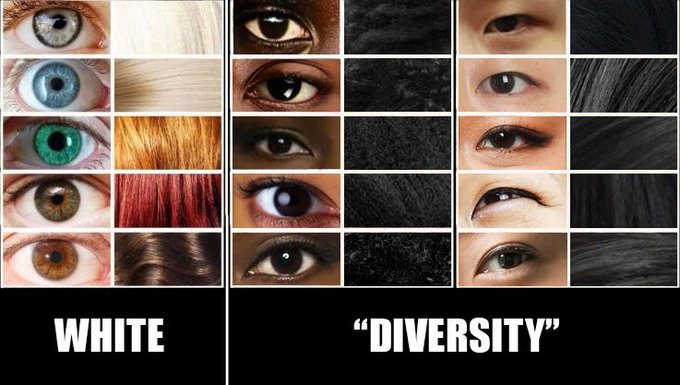Category: Aryan beauty
In the 17th photograph of our ‘European beauty’ series, which I uploaded to this site today, we see a mountain backdrop in northern Italy (see my exchange yesterday about the locations that the photos represent). That Italian mountain may well have inspired Leonardo da Vinci for some of his drawings of the Holy Family, or the Annunciation with mountains in the background. It was a time when artists were almost compelled to paint pictures with religious motifs, although the angel of the Annunciation, beyond the Nordic and the hyperborean, is the absolute opposite of any Semitic profile. These are the antecedents of the nymphs that Parrish painted last century against the background of majestic mountains.
In the 18th and 19th centuries, when artists became independent of the patronage of the Church, they were finally able to admire the mountains and Aryan beauty from a more secular viewpoint. On a mountain excursion in 1739 the poet Thomas Gray, visiting the Grande Chartreuse, wrote: ‘Not a precipice, not a torrent, not a cliff, but is pregnant with religion and beauty’.
More famous for admiring nature were Goethe and poets like Coleridge and Wordsworth, and in painting Turner came to capture more abstractly the vital spirit of nature. While Constable painted the plains the poet Wordsworth was more associated with the mountains. I confess that Wordsworth’s leisurely, long solo walks in the English countryside prompted me to ask about prices for houses in Perth when I visited Scotland because that town was perfect for my long solo walks. Of course, it was only a fantasy as I have no money in the bank. Still, I cherished the idea of moving to a place where I could feel European Nature without interference from Gomorrah.
The inhabitants of Gomorrah may believe that by going to the gym they’ll be healthy, ignoring that a healthy body can only inhabit a healthy mind. It can only be obtained through the spirit of romantic poets and painters who understood, through their art, what Hitler would later understand through pantheism. The Aryan dissident who feels like Lot in Gomorrah and cannot afford a cosy cottage in the countryside should undertake the study of art in the solitude of his room, though unlike what Catholic Kenneth Clark told us, from the panentheist point of view.
This is one of the tremendous deficits of American white nationalism. Without the feeling of the numinous, it is impossible to awaken what Jung called the Self, as the full understanding of beauty is the royal road to a true racial awakening.
European beauty
European beauty
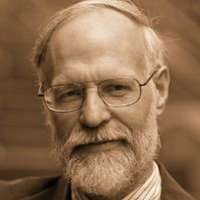 Before I go on quoting more excerpts from Richard Weikart’s book (pictured left), I would like to say something that seems important to me.
Before I go on quoting more excerpts from Richard Weikart’s book (pictured left), I would like to say something that seems important to me.
Why, one might ask, if Weikart has such a clear mind and has read the most relevant German-language sources on Hitler’s religion—unlike the normies, who know only Allied propaganda—, does he still repudiate Him?
The answer is devastatingly simple: because the Christian operating system that is the platform of his psyche compels him to love every anthropomorphic creature as himself, even if they are physically ugly blacks, subversive Jews or soulless Chinese who skin animals alive in fur factories.
Before Christianity, whites didn’t love their neighbours.
They weren’t mad or psychotic.
Christianity is the single perpetrator, the great psychosis and great betrayal of the divine force of the universe that produced creatures as beautiful as the nymphs on the sidebar.
Christianity is the number one enemy of the Aryan race, not the Jews.
Christianity has so corrupted the white man that even its alleged defenders on the American racial right don’t reproduce images that show the divinity of their race: beauty that was displayed by the Greco-Romans and even the Germans of the last century (as we see in the video that appears almost to the top of the sidebar).
Both the anti-racist Weikart and the American racists look like spiritual children of Jeremy Bentham; that is, men completely uncircumcised at heart to see the true God I was talking about, in grey letters, in the previous post (a God that has nothing to do with a non-existent personal god, the god of the Abrahamic religions).
The only way to understand the deity, and this was clear to Savitri Devi in the book we recently translated (I will try to get a print-on-demand company to print it for you), is to be initiated into the artistic mysteries in which Hitler was initiated—nothing more opposed to the mummy of Bentham that seems to symbolise the Anglo-American world!
Beautiful eyes!
It might seem excessive what I did yesterday: using the Führertag as an opportunity to continue badmouthing the white nationalists. But paraphrasing a Ukrainian who used to comment here, the problem with Christian nationalists is that they entertain illusions that their suicidal cuckoldry will get rewarded in an afterlife by a certain crucified Galilean! Just compare them with my religion of hate:
The Aryan Race needs a religion of war, not a religion of peace!
The Aryan Race needs a religion of hate, not a religion of love!
The Aryan Race needs a religion of boldness, not a religion of meekness!
The Aryan Race needs a religion of anger, not a religion of sorrow!
The Aryan Race needs a religion of severity, not a religion of mercy!
In a single word, what the white Volk needs is: Kalki. And before I continue with the Deschner series or the new English translation of the German preface to the Führer’s after-dinner talks, I would like to say something more about American white nationalism.
It is precisely because I have already transvalued my Christian values (I was born into a very Catholic family) to Greco-Roman values that the talk of IQ, so common in American race realism, seems almost Byzantine to me.
For a spiritual Greek like me, it is beauty that counts. Even supposing that people of colour had the same IQ as whites, I would still think of the latter’s physical beauty; and what must we do to make a lineage of the future look more and more like the statuary of the Greek and Roman gods.
On the other hand, everything you read in American Renaissance, The Occidental Observer, The Daily Stormer and Counter-Currents smacks of something written in the Christian Era: not in a post-Christian Era.
